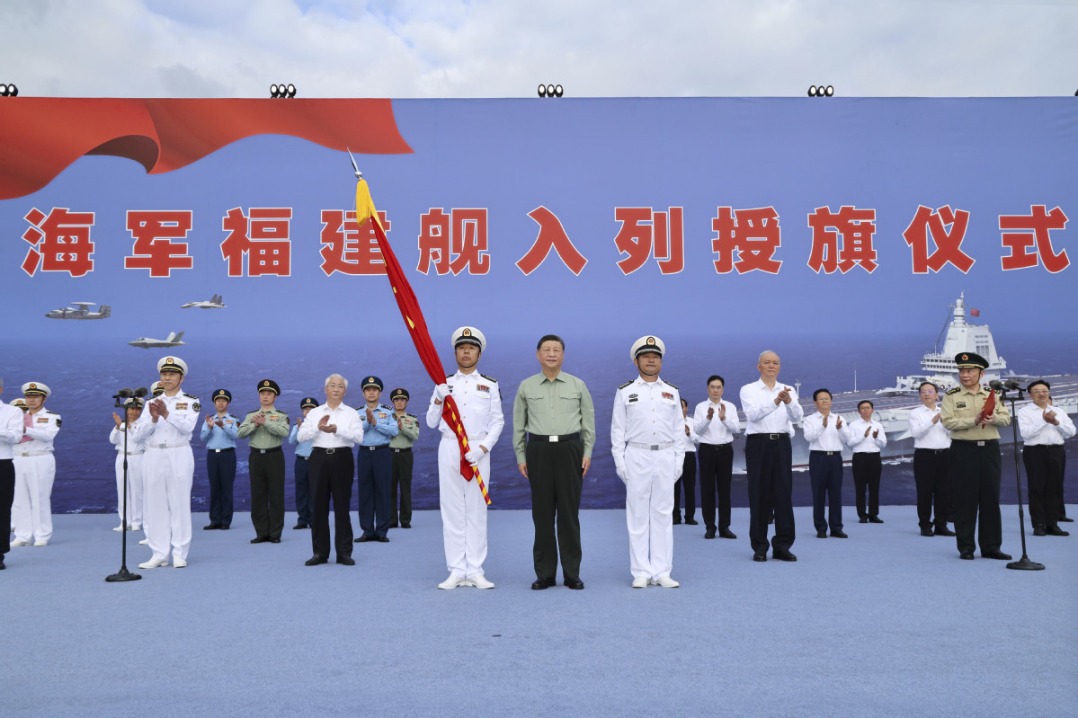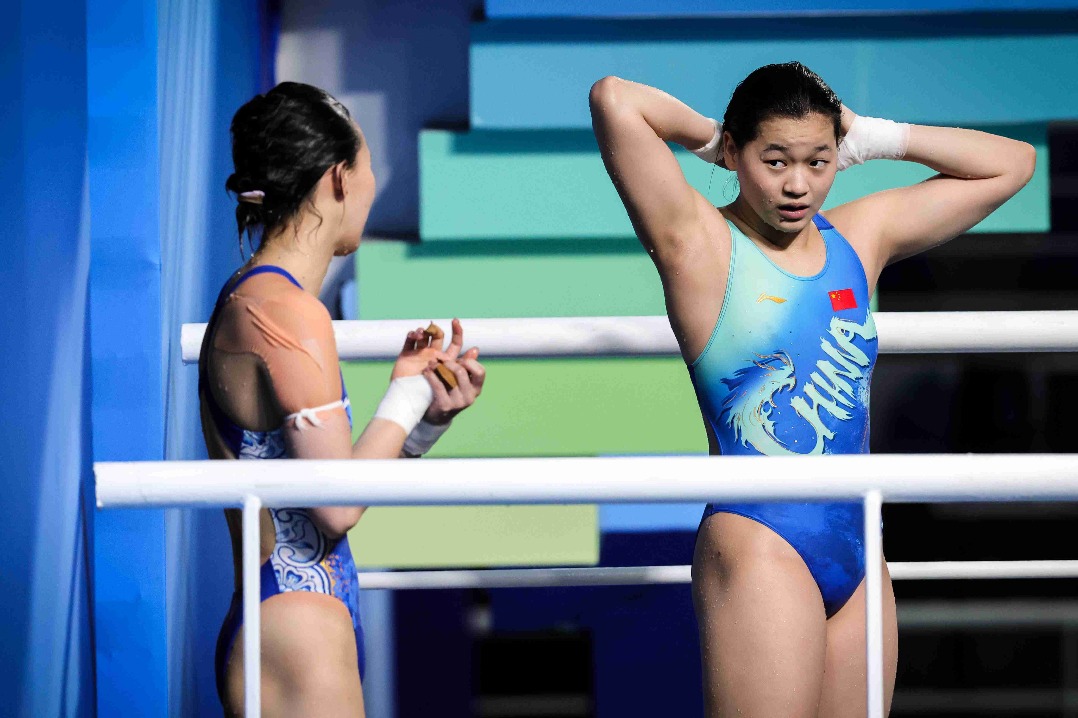Mechanism empowering development

The post-Cold War world order is unravelling. The global trading system and the multilateral order, painstakingly built after World War II, are being torn apart. What once stood as a framework for cooperation is now a weapon of mass bullying. Trade wars strike like sudden cyclones. Tariffs rise unpredictably. One day, they are 15 percent, only to shoot up to 50 percent in a few days, jump to 100 percent the following week and then drop to 20 percent days later. Such turbulence shakes small and large economies alike, bringing uncertainty, disrupting supply chains and sending countries scrambling for new markets and solutions.
This new age of upheaval calls for BRICS+, a dynamic grouping of countries, to promote multipolarism. BRICS+ must rise not just as an economic grouping but as an empowering and stabilizing platform for the Global South. True to its roots, BRICS+ is a solid, enduring and purpose-built platform. Accordingly, it also has to be an empowering platform. And like any well-built structure, it must be firm enough to hold back the landslide of confusion and agile enough to let water pass through to allow flexibility while preventing collapse.
It is not enough for BRICS+ to simply hold the line. It must also pave the road forward. Over 45 percent of the global population lives in BRICS+ member states, most of them in the Global South where life remains precarious and economic security is far from guaranteed. So strong bricks must be laid to build roads that strengthen resilience, and promote inclusive growth and shared prosperity.
To achieve this, BRICS+ must deliver real and tangible results, and ensure people get the benefits of cooperation in the shape of jobs, stable markets, undisrupted corridors of trade, and access to opportunities. The New Development Bank (also known as the BRICS Bank) was a strong start. It is making a difference across Asia, Africa and Latin America as a strong alternative to the traditional multilateral and private funding systems that have often proven difficult for developing countries to access on equitable terms.
The grouping should also build more permanent BRICS+ institutions that will help implement the outcomes of various summits, consistently and transparently. For this, it needs to establish permanent institutions that will promote policy coordination and implementation across member states, spread education, facilitate intra-grouping exchanges, manage trade, and rapidly respond to natural disasters. More important, the institutions should be designed to manage the differences between BRICS+ members.
To achieve this key goal, we need a permanent BRICS+ secretariat, because without it the grouping will look like a tentative or optional mechanism. To increase intra-grouping trade, BRICS+ should mobilize all productive forces, help increase manufacturing output, especially of more value-added goods. Only then will member states have something more meaningful than mere goods and services to offer each other. Trade among friends should be mutually enabling.
No country can successfully pursue modernization if their leaders are not visionaries, elites not development-oriented, stakeholders not willing to make sacrifices, and citizens not yearning for a better life. BRICS+ members can use a little bit of outside help more effectively if such help empowers and enables their efforts.
In today's globalized world, many developing countries still need outside help to weather the storms. As such, BRICS+ can also act as a shelter — a place of refuge for those battered by the storm of economic bullying. The volatility we are witnessing is not new, it is just a variant of what the Global North has long imposed upon the Global South. The difference now is that it is more erratic and bombastic, more traumatic if you listen to the Western rhetoric on the Middle East and recent warnings to countries like Namibia where economic pathways are being dictated by external forces.
Many ignore a fact when commenting on what has sustained BRICS for more than a decade and a half — the management of differences among member states by its leaders. They are focused on strengthening factors that unite them rather than on addressing the causes of difference, and having mutual respect and interest in building a truly multipolar world. The leaders don't try to bury the differences and disputes but carefully manage them, which is a marker of strength, and a signal to the Global South that the strengthening bond of solidarity among BRICS+ members can potentially take countries forward.
The task before BRICS+ is daunting yet necessary. The Global South cannot afford to be left out in the cold any longer. It is time to build a firm, interconnected and enduring grouping that will carry the people of the Global South toward development, security and shared prosperity.
Busani Ngcaweni is an adjunct professor at Wits School of Governance, South Africa; and Tang Shiping is a professor at Fudan University's School of International Relations and Public Affairs.
The views don't necessarily reflect those of China Daily.
Today's Top News
- Xi attends commissioning of China's Fujian aircraft carrier
- Xi congratulates Paul Biya on re-election as president of Cameroon
- Thai king to pay state visit to China
- Mars orbiter snaps images of interstellar object
- Gold VAT trade reform to bring healthier order
- High-standard Hainan FTP emphasized






























